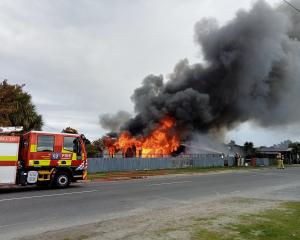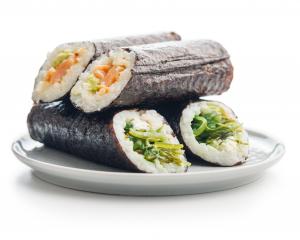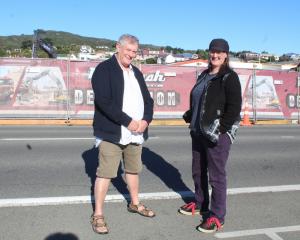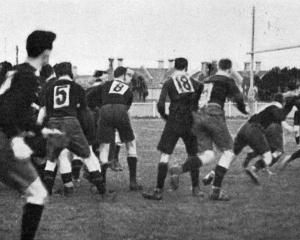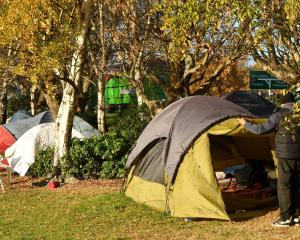
When sole party states like China, or dictatorships like Belarus go the "polls", no-one for a second believes there will be a free or fair contest of ideas on the hustings, but the veneer of respectability engendered by token balloting is worth something to a despot seeking to authenticate their rule.
The latest representative charade has taken place in Russia, where, to the surprise of absolutely no-one, Vladimir Putin has won a fifth term as president.
It is unsurprising that Mr Putin had few serious rivals. The fact that anyone who comes close to rivalling him succumbs to "sudden death syndrome" is somewhat of a disincentive to candidacy.
And even if someone was brave enough to take a stand against him, the fact that Mr Putin has twisted his country’s electoral machinery so tightly in his favour that he can keep altering the constitution to allow him to keep standing despite term limitation clauses means the chance of winning would be slim to non-existent.
Otherwise, there would be few reasons for any sensible Russians to vote for Mr Putin.
The country’s economy is faltering badly as the ongoing "special police action" in Ukraine takes its toll, both in terms of lives lost and the cost of materiel .
The trade sanctions imposed as a result of the illegal and unprincipled invasion of two years ago are hurting, and Russia remains a pariah state to many of its neighbours. Previously neutral countries such as Sweden have become aligned as they look nervously across the border at the wounded bear that is Russia.
The policing system which quashes any potential rivals to Mr Putin also suppresses freedom of expression and association, severely compromising Russians’ ability to live their lives as they would wish.
Over everything looms the war.
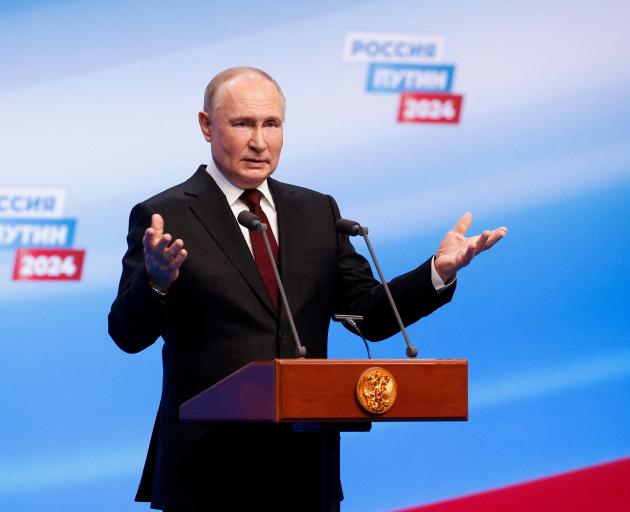
This is the tactic it is relying on again. Now that any prospect of a rapid victory has long receded, Russia is counting on the Western countries backing Ukraine losing their appetite for paying the high cost of munitions to keep their dog in the fight.
They will have been encouraged by the delays in securing extra funding in the United States and hoping that a less Ukraine-friendly president will be elected there in November.
In truth, much of the world is war-weary, and also distracted by the ongoing humanitarian catastrophe in Gaza. This conflict too has helped Putin’s ambition that the West take its eye off what is happening in Ukraine.
But the passage of time has not dimmed the importance of this war to the West. Whatever the shortcomings of the Ukraine regime, it serves liberal Western states ill if the military might of autocratic Russia can achieve its foreign policy aims by aggression rather than diplomacy.
As noted earlier, other states are already wondering which country will next fall under Mr Putin’s gimlet eyes.
This matters much to us in New Zealand too, diverted as we are by the ongoing cost-of-living crisis and domestic political squabbles.
While the new government will happily blame the former government for the poor state of New Zealand’s books, the ongoing effect of the Ukraine war on world trade has had a deleterious effect on the cost of importing the goods needed to keep our local economy going.
But quite apart from fiscal self-interest, the fledgling government is also yet to establish its foreign policy bona fides. Most New Zealanders will expect the country to remain in step with our traditional allies and remain a supporter of Ukraine and its people.
Resistance is not easy, especially when faced with potentially overwhelming force, but life in Russia right now suggests that it costs more to cave in to dictators than to accede to them.

